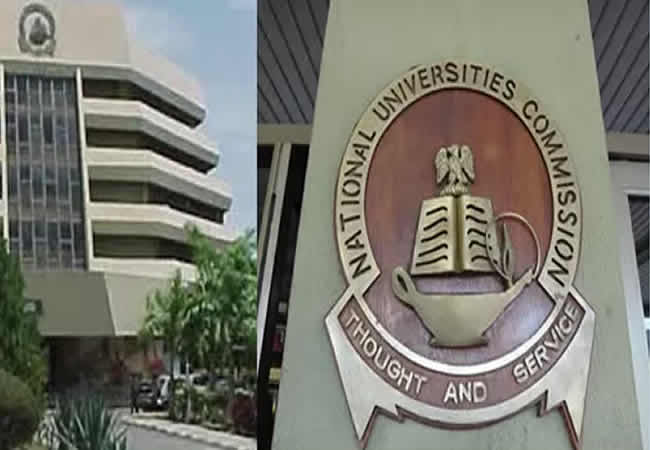The National Universities Commission (NUC) has challenged university registrars to implement effective strategic planning methods capable of transforming universities in Nigeria to meet global competitiveness. Professor Abubakar Rasheed, the Executive Secretary of the NUC, presented the challenge during the 73rd Business Meeting of the Association of Registrars of Nigerian Universities held at the Federal University Lokoja. The theme of the event was “Repositioning the administrative Machinery of Nigerian University System for Global Competitiveness: The Role of Registrars as Key Drivers.”
Professor Rasheed, who was represented by Director, Prof. I. A. Yakasai, asserted that for Nigerian universities to remain globally competitive in these times of limited resources, implementing effective strategic planning is crucial. He further disclosed that some of the issues plaguing universities in Nigeria include inadequate facilities for teaching, learning, and research, poor funding, and a lack of suitable capabilities among their teaching staff.
The NUC boss asserted that university registrars could spearhead initiatives aimed at promoting transparency, accountability, and efficiency by leveraging technology and implementing robust information systems. In his words, “They can streamline administrative processes, reduce bureaucracy, and promote a culture of excellence. Modernizing administrative procedures will not only improve the overall student experience but also attract and retain top-tier faculty and researchers.”
Professor Rasheed also maintained that university registrars, through their knowledge of international standards and best practices, were positioned to cement collaborations with foreign institutions, establish credit transfer mechanisms, and facilitate the mobility of students and staff.
Furthermore, he stated that “By nurturing an inclusive and diverse campus environment, Nigerian universities could attract international talents, foster cross-cultural understanding, and contribute to the global knowledge economy.” He encouraged university registrars to collaborate with government agencies, industry stakeholders, and academic communities to introduce reforms that would advance Nigerian universities to the forefront of global higher education.
Professor Rasheed also added that repositioning the administrative machinery of the Nigerian university system for global competitiveness was a collective responsibility. He tasked registrars to embrace innovation, foster collaboration, and advocate for change, thereby shaping a future where Nigerian universities thrive as centers of academic excellence on a global scale.
Conclusively, Professor Rasheed advocated for empowering university registrars, providing them with the necessary resources and support to create an enabling environment suitable for realizing their full potential. He contended that with these measures, universities in Nigeria could be strengthened, and the country would contribute significantly to the development and progress of the nation.
